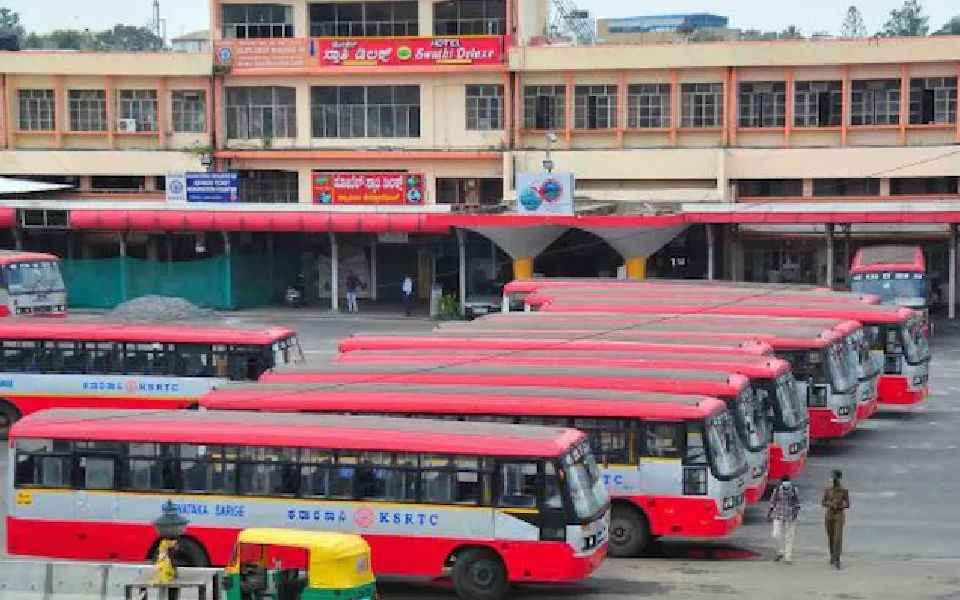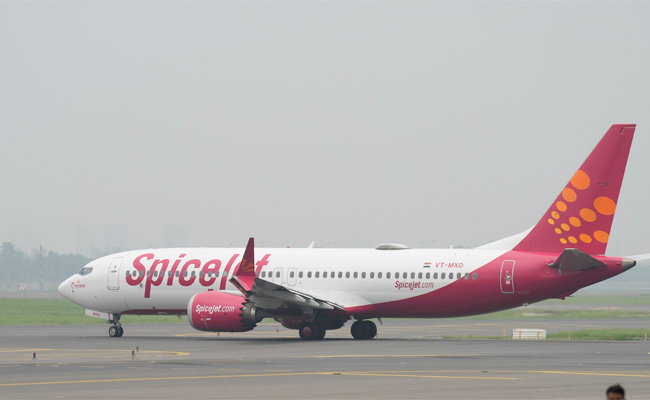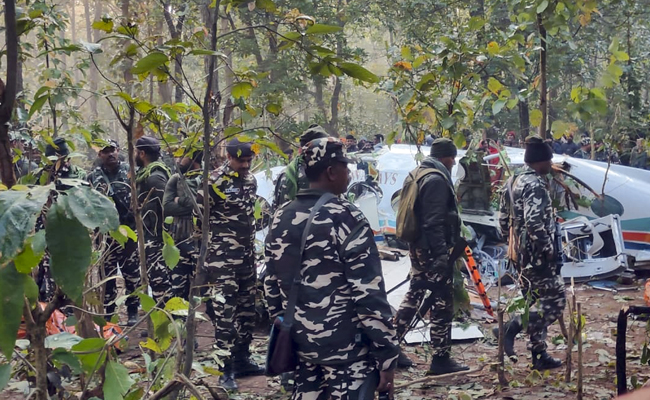Mangaluru: The Karnataka State Road Transport Corporation (KSRTC) Mangaluru division’s special Dasara tour packages have received an exceptional response, setting a new record for passenger participation. On Sunday, the KSRTC operated 24 buses under these packages, surpassing the previous record of 22 buses in a single day set during the program's inaugural year in 2022.
The Mangaluru-Madikeri package covered popular tourist spots such as Madikeri, Raja Seat, Abbey Falls, Nisargadhama, and the Golden Temple. The Mangaluru-Kollur package included visits to the Uchila Shri Mahalakshmi Temple, Kamashile Shri Bramhi Durgaparameshwari Temple (where lunch was provided), Kolluru Mookambika Temple, and Maranakatte Shri Bramhalingeshwara Temple.
The Mangaluru-Murdeshwar package featured stops at the Murudeshwara Temple, Chandika Durgaparameshwari Temple Kumbashi, Anegudde Ganapathi Temple, and Uchila Mahalakshmi Temple. Meanwhile, the Mangaluru-Navadurga package took pilgrims to several prominent temples, including Shri Mangaladevi Temple, Kateel Shri Durgaparameshwari Temple, Bappanadu Shri Durgaparameshwari Temple, and Kudroli Gokarnanatha Temple.
According to Rajesh Shetty, KSRTC Mangaluru Divisional Controller, a total of 1,119 passengers utilized the service to various destinations across Karnataka.
The Mangaluru-Madikeri package, which operated seven buses, attracted 350 passengers, while eight buses running the Mangaluru-Kollur route carried 400 passengers. The Mangaluru-Murdeshwar package saw 150 passengers across three buses, and four buses under the Mangaluru-Navadurga package transported 120 passengers.
Other routes also saw significant ridership, with 46 passengers traveling on the Udupi-Kollur package and 53 on the Udupi-Idagunji package.
Let the Truth be known. If you read VB and like VB, please be a VB Supporter and Help us deliver the Truth to one and all.
New Delhi (PTI): A Leh-bound SpiceJet aircraft returned to the national capital due to an engine issue on Tuesday morning, according to a source.
There were around 150 people on board the Boeing 737 aircraft that was operating the flight SG121, the source added.
When contacted, a SpiceJet spokesperson said a flight operating from Delhi to Leh on Tuesday returned to Delhi after experiencing a technical issue.
"The aircraft landed safely in Delhi, and all passengers were disembarked normally," the spokesperson said in a statement.
The source said the aircraft suffered an engine issue.





